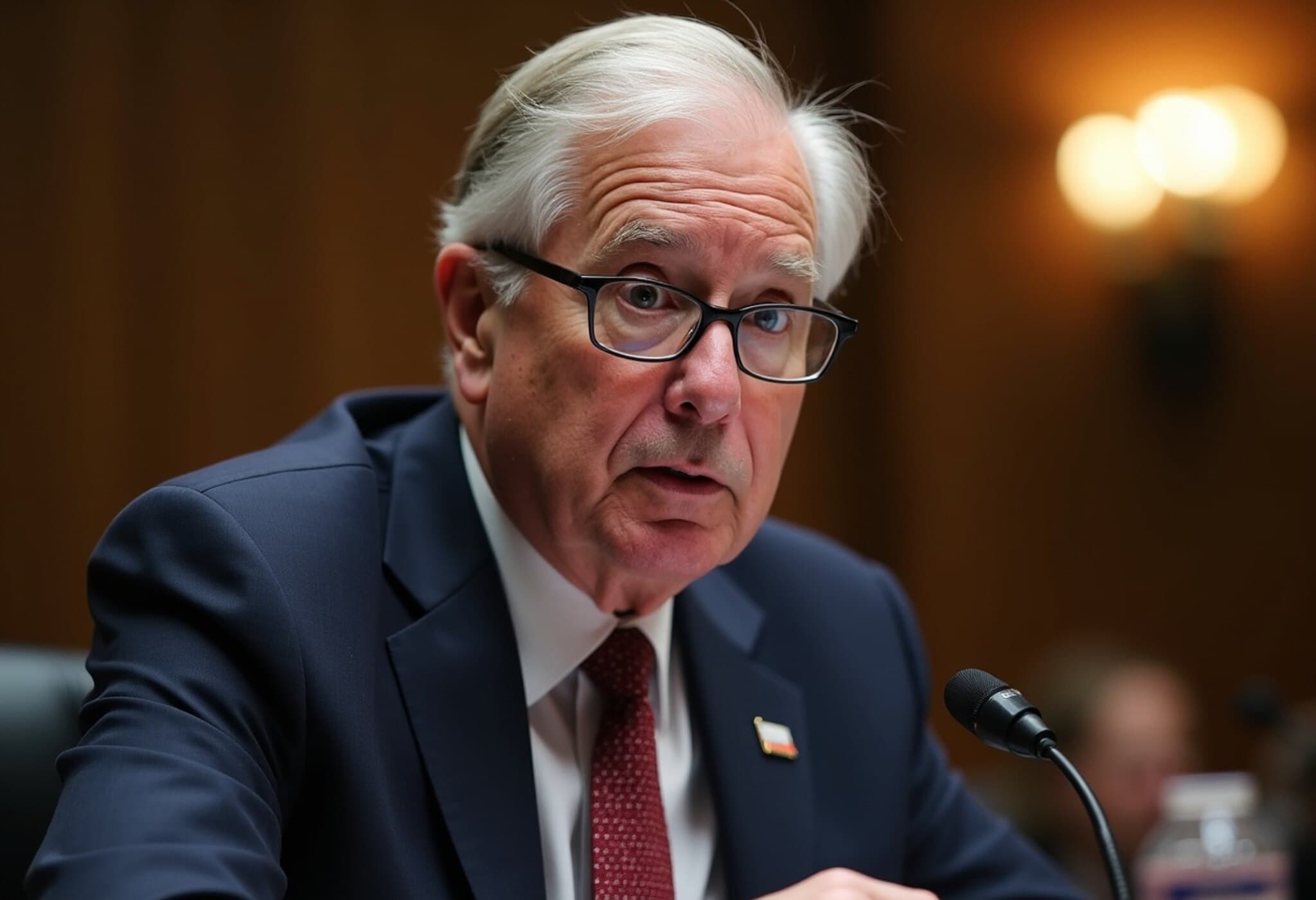Supreme Court Permits Swift Deportations to Third Countries
In a significant decision, the Supreme Court has authorized the resumption of rapid deportations carried out by the previous administration, allowing certain immigrants to be sent to countries other than their own without prior notification or opportunity to contest the removal on humanitarian grounds.
Background and Legal Context
This ruling overturns a prior injunction imposed by a federal District Court in Massachusetts back in April. That injunction had temporarily halted the controversial deportation practice following directives issued earlier this year.
The Supreme Court’s order is an interim measure, set to stay in effect as the Trump administration pursues ongoing appeals against the lower court’s decision.
Dissenting Opinions Highlight Human Rights Risks
However, the decision was met with strong opposition from the Court’s three liberal justices, who expressed grave concerns about the safety and legal protections of those being deported.
Justice Sonia Sotomayor, dissenting, underscored the stakes involved, cautioning that deportations carried out without adequate safeguards risk exposing individuals to torture or death.
She referenced cases where affected individuals were forcibly removed to countries like Guatemala and South Sudan, despite findings that these places posed severe dangers.
Significantly, the government proceeded even in defiance of court orders aimed at preventing removals to nations deemed unsafe, such as Libya. Sotomayor criticized the Supreme Court for intervening prematurely and overriding the careful management of the case by lower courts.
Implications and Next Steps
This ruling marks a pivotal moment in immigration enforcement policy, with human rights advocates voicing alarm over the potential risks deportees face under such expedited procedures.
As this legal battle continues to unfold, the focus remains on balancing national security interests with adherence to due process and protection from persecution.
Note: This is developing information and will be updated as more details emerge.



















